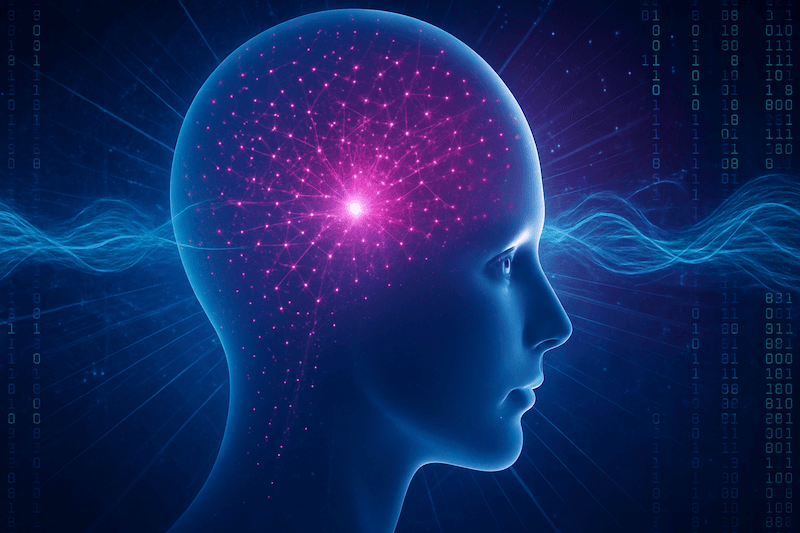AI Therapy 2025: How Virtual Psychologists Are Transforming Mental Health Care

Contents
|
|
Introduction
In 2025, mental health is the new normal. More and more people are seeking support online — and more often, they’re getting it from artificial intelligence.
AI therapy is not just a trend; it’s a significant transformation of the mental health market. From Woebot to Replika and Earkick, neural networks can now not only listen — but actually help. But can they be trusted? And more importantly — should they be?
What Is AI Therapy and How Does It Work
AI therapy is psychological support delivered by algorithms and language models. It typically comes in the form of:
|
Type of Service |
Examples |
Interaction Format |
|
Text-based chatbots |
Woebot, Wysa, Replika |
Text chat |
|
Voice assistants |
Therabot, Vivibot |
Audio |
|
VR platforms |
PsyTechVR, Meru XR |
Virtual environment |
These bots are trained in cognitive behavioral therapy (CBT), motivational techniques, and in some cases — crisis recognition.
Top AI Psychologists of 2025
Here are the top 5 AI tools actively used in therapy:
|
|---|
Pros and Cons of Virtual Therapy
Advantages:
-
24/7 availability and anonymity
-
Low cost (or free)
-
Support between sessions with a real therapist
-
Safe “space” for initial emotional release
Disadvantages:
-
Not effective for severe cases
-
Potentially toxic responses without moderation
-
Lack of deep empathy and context
Tips: When AI Helps — and When It Doesn't
🔹 Use AI therapy if you:
-
Feel mild anxiety, stress, or apathy
-
Want to talk anonymously
-
Are waiting for a live specialist appointment
🔺 Avoid relying solely on AI if you:
-
Have self-harm or suicidal thoughts
-
Suffer from PTSD, addiction, bipolar disorder
-
Need genuine emotional connection
💡 Tip from a psychologist: “AI is like a first aid kit — great to have around, but it won’t replace a surgeon.”
Safety and Ethics: What to Watch For
⚠️ Key concerns in 2025:
-
30% of chatbots fail to recognize emotional red flags
-
Replika was accused of inappropriate behavior with minors
-
Lack of age filters and content moderation
✔️ What to do:
-
Choose certified services (APA, NHS, etc.)
-
Use hybrid models: AI + human therapist
-
Ensure the platform has built-in crisis protocols
The Future of Therapy: Human + AI
The future isn’t about replacing therapists — it’s about enhancing them.
AI Assistants can:
-
Track emotions in a journal
-
Analyze behavioral patterns
-
Prepare reports for sessions
Meanwhile, human therapists:
-
Interpret data
-
Address root causes
-
Provide depth and guidance
🧩 Just like medicine: diagnosis = algorithm, treatment = human.
Conclusion
AI therapy is no longer sci-fi — it’s daily reality. In 2025, it helps millions manage stress, anxiety, and loneliness.
But it's important to understand: it works within limits, not as a substitute for professional therapy.
Try accessible tools, but remember: beyond the algorithm lies true human empathy.
👉 Explore more AI tools at AIMarketWave and find your path to emotional balance.
🔗 Helpful Links:
